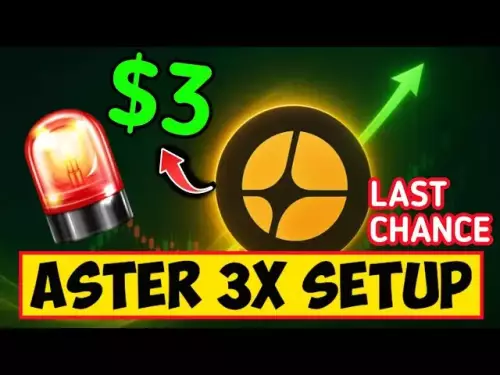-
 bitcoin
bitcoin $106975.071866 USD
-0.29% -
 ethereum
ethereum $3871.670850 USD
-0.07% -
 tether
tether $1.000261 USD
-0.01% -
 bnb
bnb $1084.417621 USD
-0.50% -
 xrp
xrp $2.348167 USD
0.82% -
 solana
solana $185.621736 USD
0.45% -
 usd-coin
usd-coin $0.999833 USD
-0.04% -
 tron
tron $0.313423 USD
0.81% -
 dogecoin
dogecoin $0.188856 USD
0.54% -
 cardano
cardano $0.630416 USD
-0.49% -
 hyperliquid
hyperliquid $36.506353 USD
2.24% -
 ethena-usde
ethena-usde $0.999584 USD
-0.01% -
 chainlink
chainlink $16.750026 USD
-0.77% -
 stellar
stellar $0.313373 USD
0.37% -
 bitcoin-cash
bitcoin-cash $465.978560 USD
-1.57%
Is Ethereum smart contract call fee high? How to optimize costs?
Ethereum smart contract call fees can be high due to gas prices and network congestion, but costs can be optimized through efficient coding and timing transactions.
May 08, 2025 at 09:35 am
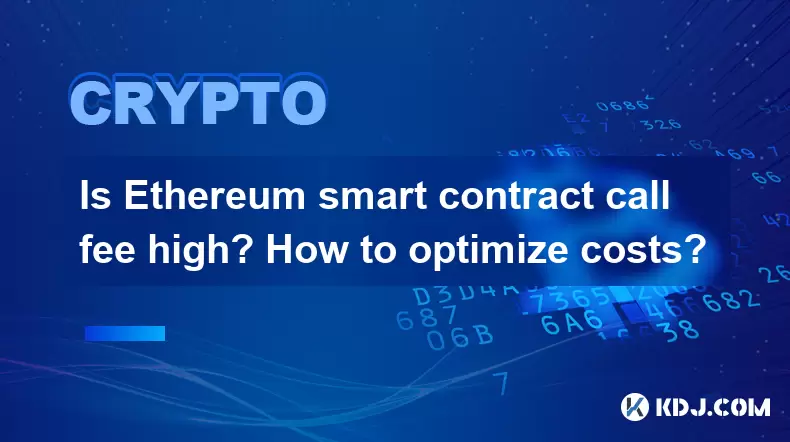
The world of Ethereum smart contracts has revolutionized the way we think about decentralized applications and blockchain technology. However, one of the most frequently discussed topics within this realm is the cost associated with executing smart contract calls. In this article, we will delve into whether the Ethereum smart contract call fee is high and explore various strategies to optimize these costs.
Understanding Ethereum Smart Contract Call FeesEthereum operates on a gas-based system, where gas is the unit used to measure the computational effort required to execute operations on the blockchain. Every smart contract call requires a certain amount of gas, and the fee is calculated based on the gas used multiplied by the gas price set by the user.
The gas price is typically measured in Gwei, where 1 Gwei is equal to 0.000000001 ETH. The total fee for a smart contract call can be expressed as:
[ \text{Fee} = \text{Gas Used} \times \text{Gas Price} ]
It's important to note that the gas price can fluctuate based on network congestion. During times of high demand, the gas price can increase significantly, leading to higher fees for smart contract calls.
Factors Influencing Smart Contract Call FeesSeveral factors can influence the fees associated with smart contract calls on Ethereum:
- Complexity of the Smart Contract: More complex operations require more gas, leading to higher fees.
- Network Congestion: Higher demand for transactions on the Ethereum network can drive up gas prices.
- Gas Limit: The maximum amount of gas a user is willing to spend on a transaction can also impact the fee.
Whether the Ethereum smart contract call fee is considered high is subjective and depends on various factors such as the user's perspective, the type of transaction, and the current state of the network. For casual users, a fee of a few dollars might seem high, especially for simple transactions. However, for developers and businesses that rely on smart contracts for more complex operations, the cost might be justified by the functionality and security provided by the Ethereum network.
Strategies to Optimize Ethereum Smart Contract Call CostsOptimizing the costs associated with Ethereum smart contract calls involves a combination of smart contract design, network timing, and transaction management. Here are several strategies to help reduce these costs:
Optimizing Smart Contract CodeEfficient smart contract code can significantly reduce the gas required for execution. Here are some tips for optimizing your smart contract code:
- Minimize Storage Operations: Reading from and writing to storage are expensive operations. Try to minimize these actions where possible.
- Use Efficient Data Types: Choose data types that require less gas. For example, using
uint256instead ofuint8can save gas in certain contexts. - Avoid Loops: Loops can consume a lot of gas, especially if they involve storage operations. Try to avoid them or optimize them as much as possible.
The gas price can vary significantly based on the time of day and the overall demand on the Ethereum network. Here are some tips for timing your transactions:
- Monitor Gas Prices: Use tools like Etherscan or EthGasStation to monitor current gas prices and wait for periods of lower demand.
- Use Gas Price Oracles: Integrate gas price oracles into your applications to dynamically adjust gas prices based on current network conditions.
Batching multiple operations into a single transaction can help reduce overall costs. Here's how you can implement this strategy:
- Combine Multiple Calls: Instead of making multiple smart contract calls, combine them into a single transaction where possible.
- Use Multicall Contracts: Implement or use existing multicall contracts that allow you to execute multiple calls in one go, reducing the total gas cost.
Layer 2 scaling solutions can significantly reduce the cost of smart contract calls by processing transactions off the main Ethereum chain. Here are some options to consider:
- Optimistic Rollups: These solutions batch multiple transactions into a single transaction on the Ethereum mainnet, reducing costs.
- Zero-Knowledge Rollups: Similar to optimistic rollups, but they use zero-knowledge proofs for added security and efficiency.
- Sidechains: These are separate blockchains that are pegged to the Ethereum mainnet, allowing for cheaper transactions.
Gas tokens are a unique way to save on gas costs by prepaying for gas during times of low network demand. Here's how you can use them:
- Purchase Gas Tokens: Buy gas tokens when gas prices are low.
- Redeem Gas Tokens: Use these tokens to pay for gas when executing smart contract calls, potentially saving money.
Let's walk through a practical example of optimizing a simple smart contract to reduce gas costs. Suppose we have a basic smart contract that allows users to deposit and withdraw funds. Here's how we can optimize it:
- Initial Contract:
pragma solidity ^0.8.0;
contract SimpleBank {
mapping(address => uint256) public balances;
function deposit() public payable {
balances[msg.sender] += msg.value;
}
function withdraw(uint256 amount) public {
require(balances[msg.sender] >= amount, 'Insufficient balance');
balances[msg.sender] -= amount;
payable(msg.sender).transfer(amount);
}
}
- Optimized Contract:
pragma solidity ^0.8.0;
contract OptimizedBank {
mapping(address => uint256) public balances;
function deposit() public payable {
unchecked {
balances[msg.sender] += msg.value;
}
}
function withdraw(uint256 amount) public {
require(balances[msg.sender] >= amount, 'Insufficient balance');
unchecked {
balances[msg.sender] -= amount;
}
(bool success, ) = msg.sender.call{value: amount}('');
require(success, 'Transfer failed');
}
}
In the optimized version, we've made the following changes:
- Use of
unchecked: This reduces gas costs by skipping certain safety checks that are not necessary in this context. - Replacing
transferwithcall: Thecallfunction is more gas-efficient thantransfer.
A1: While it's possible to estimate gas costs using tools like Remix or Truffle, accurate prediction can be challenging due to fluctuating gas prices and the complexity of smart contract operations. Always test your contracts on a testnet to get a better understanding of the gas costs involved.
Q2: Are there any tools available to help manage and optimize gas costs?A2: Yes, several tools can help manage and optimize gas costs. Some popular ones include GasNow, which provides real-time gas price data, and OpenZeppelin's Gas Reporter, which helps developers track gas usage in their smart contracts.
Q3: How does the Ethereum Improvement Proposal (EIP) 1559 affect smart contract call fees?A3: EIP-1559 introduced a base fee mechanism that burns a portion of the transaction fees, potentially leading to more predictable and possibly lower gas costs over time. However, during periods of high demand, the base fee can still increase, affecting smart contract call fees.
Q4: Can I use other blockchains to reduce smart contract call fees?A4: Yes, other blockchains like Binance Smart Chain and Polygon offer lower transaction fees compared to Ethereum. However, these platforms may have different security and decentralization trade-offs, so it's important to evaluate them based on your specific needs and the nature of your smart contract.
Disclaimer:info@kdj.com
The information provided is not trading advice. kdj.com does not assume any responsibility for any investments made based on the information provided in this article. Cryptocurrencies are highly volatile and it is highly recommended that you invest with caution after thorough research!
If you believe that the content used on this website infringes your copyright, please contact us immediately (info@kdj.com) and we will delete it promptly.
- Crypto Presales: Invest in the Hottest Tokens This October?
- 2025-10-20 00:30:11
- Undervalued Crypto Gems: Are ETH and SOL Overlooked for This Investment?
- 2025-10-20 00:45:16
- Bitcoin, Solana, Market Reversal: Is the Tide Turning?
- 2025-10-20 00:45:16
- ETH Surge, Bitcoin Flight, and the CoinGecko Report: What's Happening in Crypto?
- 2025-10-20 01:05:11
- Binance, Trading Tools, and Account Bans: What's the Deal?
- 2025-10-20 00:30:11
- Spur Protocol: Daily Quizzes, Crypto Rewards, and What's Next
- 2025-10-20 00:35:11
Related knowledge
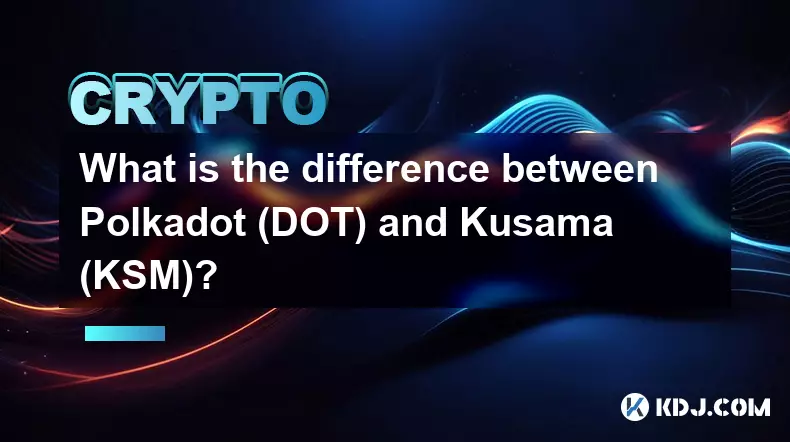
What is the difference between Polkadot (DOT) and Kusama (KSM)?
Oct 13,2025 at 01:54pm
Understanding the Core Functions of Polkadot and Kusama1. Polkadot operates as a multi-chain network designed to enable different blockchains to trans...
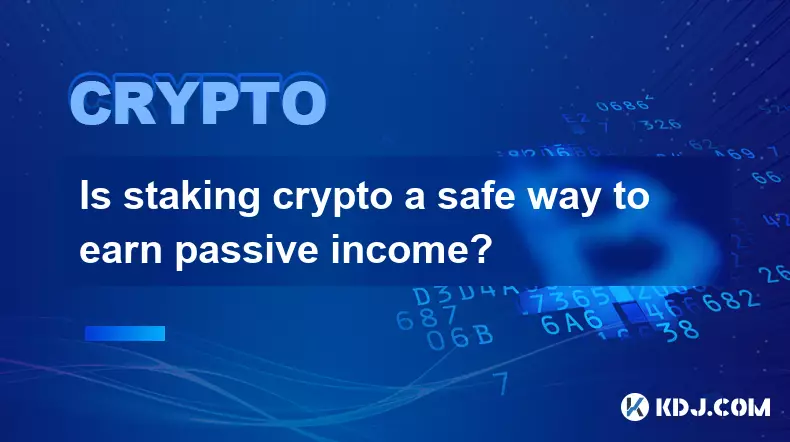
Is staking crypto a safe way to earn passive income?
Oct 11,2025 at 05:55am
Understanding the Mechanics of Crypto Staking1. Crypto staking involves locking up a certain amount of cryptocurrency in a wallet to support the opera...

What is Litecoin and how is it different from Bitcoin?
Oct 15,2025 at 01:00am
What Is Litecoin?1. Litecoin is a peer-to-peer cryptocurrency created by Charlie Lee in 2011 as a lighter alternative to Bitcoin. Built on an open-sou...

What is the "fear and greed index" in crypto?
Oct 14,2025 at 05:55am
Decentralized Exchanges and Their Role in Modern Crypto Trading1. Decentralized exchanges (DEXs) have reshaped the way users interact with digital ass...
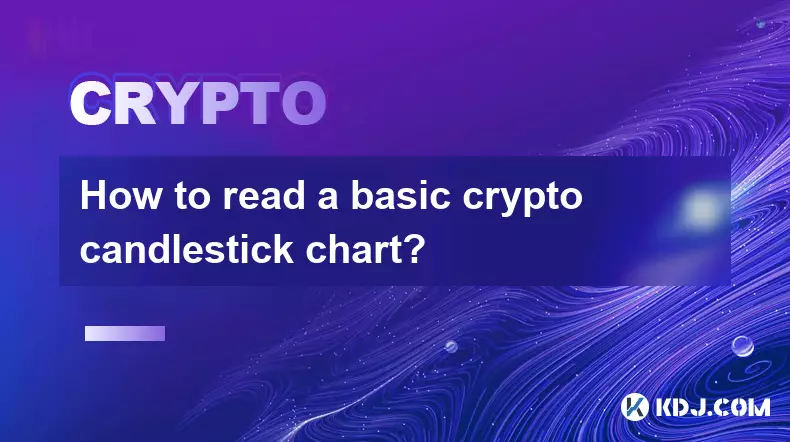
How to read a basic crypto candlestick chart?
Oct 15,2025 at 02:54am
Understanding the Structure of a Candlestick1. A crypto candlestick chart provides a visual representation of price movements over a specific time per...
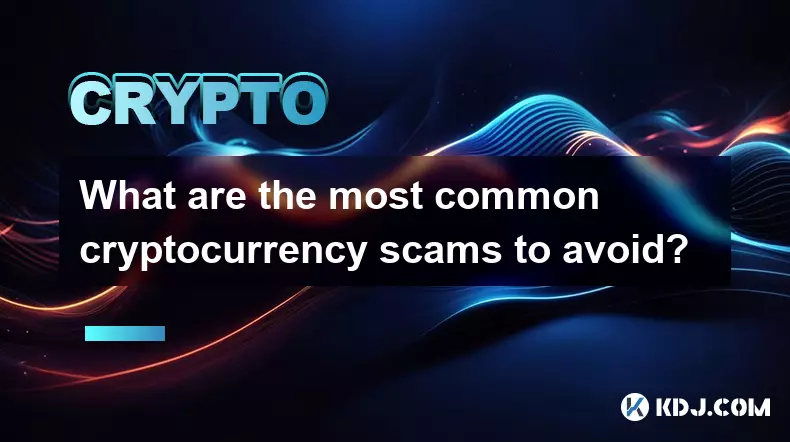
What are the most common cryptocurrency scams to avoid?
Oct 12,2025 at 01:19am
Phishing Attacks in the Crypto Space1. Cybercriminals often create fake websites that mimic legitimate cryptocurrency exchanges or wallets, tricking u...

What is the difference between Polkadot (DOT) and Kusama (KSM)?
Oct 13,2025 at 01:54pm
Understanding the Core Functions of Polkadot and Kusama1. Polkadot operates as a multi-chain network designed to enable different blockchains to trans...

Is staking crypto a safe way to earn passive income?
Oct 11,2025 at 05:55am
Understanding the Mechanics of Crypto Staking1. Crypto staking involves locking up a certain amount of cryptocurrency in a wallet to support the opera...

What is Litecoin and how is it different from Bitcoin?
Oct 15,2025 at 01:00am
What Is Litecoin?1. Litecoin is a peer-to-peer cryptocurrency created by Charlie Lee in 2011 as a lighter alternative to Bitcoin. Built on an open-sou...

What is the "fear and greed index" in crypto?
Oct 14,2025 at 05:55am
Decentralized Exchanges and Their Role in Modern Crypto Trading1. Decentralized exchanges (DEXs) have reshaped the way users interact with digital ass...

How to read a basic crypto candlestick chart?
Oct 15,2025 at 02:54am
Understanding the Structure of a Candlestick1. A crypto candlestick chart provides a visual representation of price movements over a specific time per...

What are the most common cryptocurrency scams to avoid?
Oct 12,2025 at 01:19am
Phishing Attacks in the Crypto Space1. Cybercriminals often create fake websites that mimic legitimate cryptocurrency exchanges or wallets, tricking u...
See all articles
























